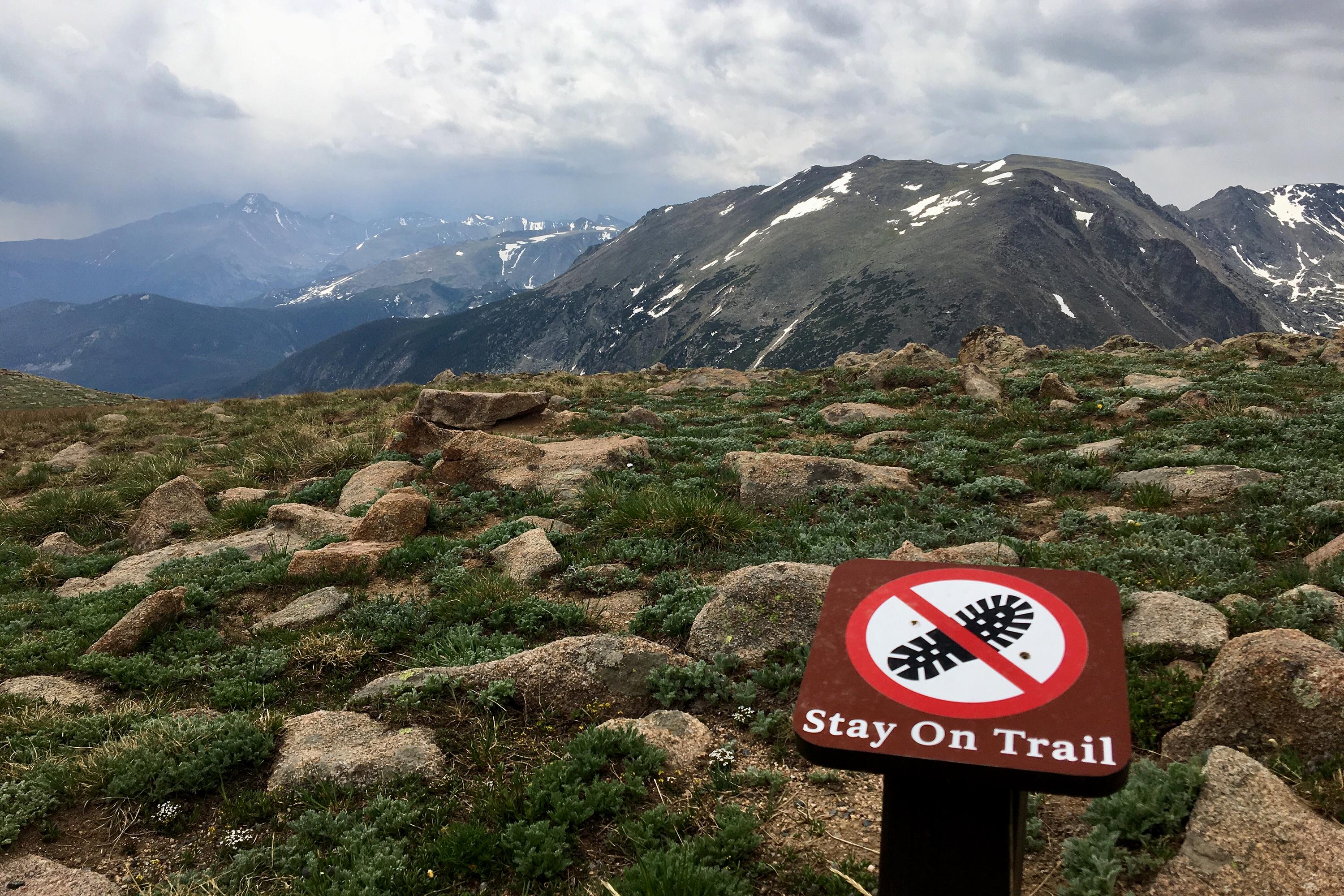

National Parks are becoming hotter and drier compared to the rest of the U.S., and that includes spots in Colorado.
That’s according to a new, first-of-its kind study that looked at more than 400 parks and monuments managed by the National Park Service.
“Human-caused climate change exposes the U.S. national parks more severely than the U.S as a whole,” said Patrick Gonzalez, lead author of the study and a climate change researcher at the University of California Berkeley.
Researchers found that between 1885 and 2010, areas that are now National Parks warmed about 1 degree Celsius, while the nation as a whole warmed just 0.4 degrees Celsius.
For Parks in Colorado, Dinosaur National Monument saw the greatest impact during that same time period, with a 1 degree Celsius warming. That was closely followed by Rocky Mountain National Park, which saw a warming of 0.9 degrees Celsius.
"Nine-tenths of a degree is like pushing a mountain down 150 meters from cooler areas at high elevations to warm areas down below,” Gonzalez said. “Small increments of heating can mean major changes on the ground.”
The effects of climate change can already be seen in some Colorado National Parks. And future projections show that disproportionate warming will continue across those parks. Climate models predict temperatures could rise five times faster in the state’s national parks compared to the previous century, Gonzalez said.
But a significant reduction in greenhouse gas emissions from power plants and cars could slow this trend.
“The good news is that with renewable energy, public transit, other sustainable and energy-efficient ways of living if we used those practices and made the Paris Agreement goals we could reduce the heating in national parks by two-thirds. In Colorado that translates into maybe 1.5 degrees C warming [reduced],” Gonzalez said.









